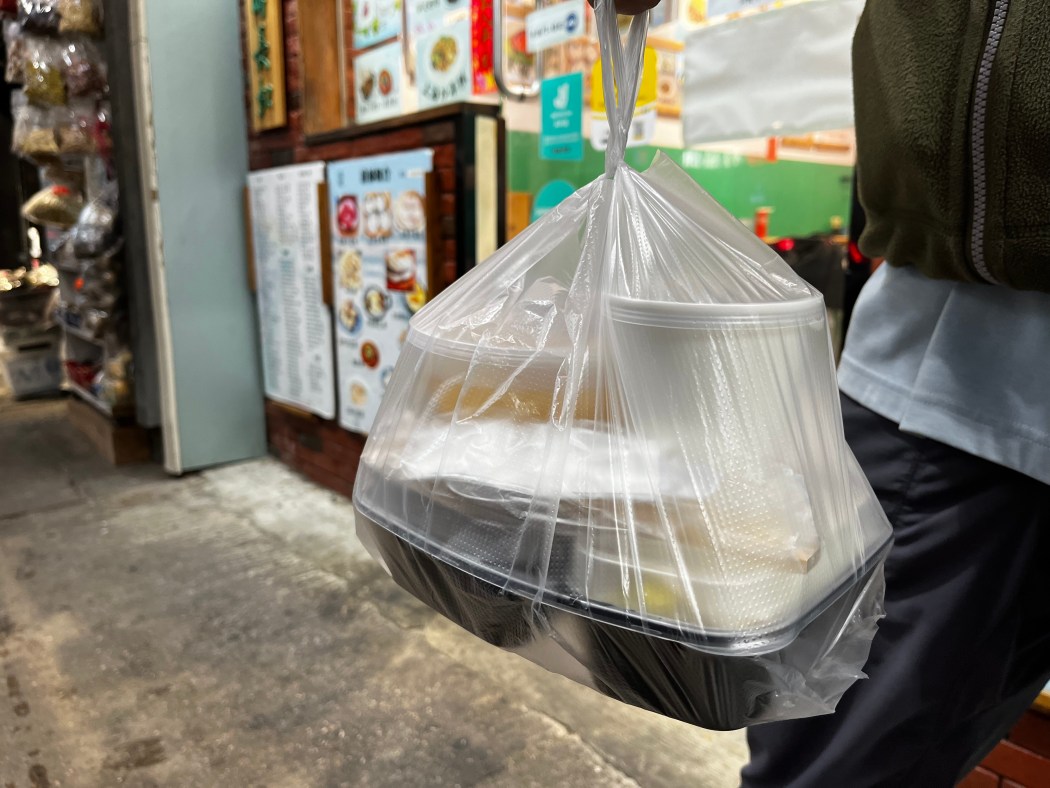Pancreatic cancer signs and symptoms: There are many signs and indications that the body provides to let know that it is not working optimally. Pancreatic cancer, for instance, is a result of the pancreas developing cancerous cells, most commonly in the ducts that carry digestive enzymes. In its initial stages, however, pancreatic cancer often goes undetected.
As the tumor grows, symptoms arise, says Dr Srujan Kumar Dasyam, consultant medical gastroenterologist, hepatologist and therapeutic endoscopist, KIMS Hospital Hyderabad. According to the doctor, pancreatic cancer — often a late diagnosis — starts in the gland tucked behind our stomach, responsible for digestion and blood sugar control. It can be particularly challenging to diagnose it because of its vague early signs.

Signs And Symptoms Of Pancreatic CancerHere are some lesser-known signs and symptoms of pancreatic cancer, as listed by Dr Srujan.Jaundice: This can signal a blockage of the bile duct. You might also notice darker urine and pale stools.
Persistent abdominal or back pain: Often described as a dull ache that can wrap around to the back, this pain may worsen after eating or when a person is lying down.Unexplained weight lossFeeling full quickly, or loss of appetite.Fatigue: Feeling unusually tired, even with rest.
Sudden onset of diabetes, especially if you are older and have no other risk factors. This is sometimes an early indicator.Changes in digestion: Nausea, vomiting, or altered bowel habits can also indicate pancreatic cancer.
Causes Of Pancreatic CancerWhile the precise causes of pancreatic cancer are unknown, there are several well-established factors that can increase a person’s risk. These include:Age, with most cases diagnosed after 60.Smoking, a major culprit, significantly increases risk.
ObesityDiabetes, especially long-term type 2 diabetes.Chronic pancreatitis: Prolonged irritation can pose cancer risk.Family history: Cancer, especially in first degree relatives, increases risk possibly due to inherited genes.
Diet: A diet rich in processed and red meats, and low in fruits and vegetables has been suggested as a potential factor.Heavy alcohol use: This can contribute to pancreatitis, indirectly increasing the risk of cancer.Preventive MeasuresHere are some important things to keep in mind:Quit smoking: If you smoke, stopping is the most important thing you can do to lower your risk.
Maintain a healthy lifestyle: This means eating a balanced diet rich in fruits, vegetables, and whole grains, and engaging in regular physical activity to maintain a healthy weight.Manage diabetes effectively: If you have diabetes, work closely with your doctor to keep it under control.Be mindful of alcohol intake: Moderate your alcohol consumption.
Know your family history: If you have a strong family history of pancreatic cancer or related genetic conditions, talk to your doctor about potential risks.The doctor says that in individuals with a significantly elevated risk due to genetics or family history, regular monitoring of symptoms using techniques like endoscopic ultrasound/MRI abdomen are recommended.Dr Srujan concludes by saying that though pancreatic cancer is a serious disease, understanding its signs, being aware of the risk factors, and adopting healthy habits can make a difference.
“By staying informed and proactive about our health, we can play a part in facing this challenge. If you have any concerns about your risk or experience any of the symptoms mentioned, do not delay in speaking with your doctor. Early awareness and prompt medical attention are crucial.
”.
Health

Are Darker Urine And Pale Stools Signs Of Pancreatic Cancer? Know About Its Symptoms And Causes

It is important to be mindful of some signs and symptoms that may indicate potential health problems, which may or may not be cancer-related, but it would be wise to get yourself checked by a doctor to rule out the risk of pancreatic cancer.















